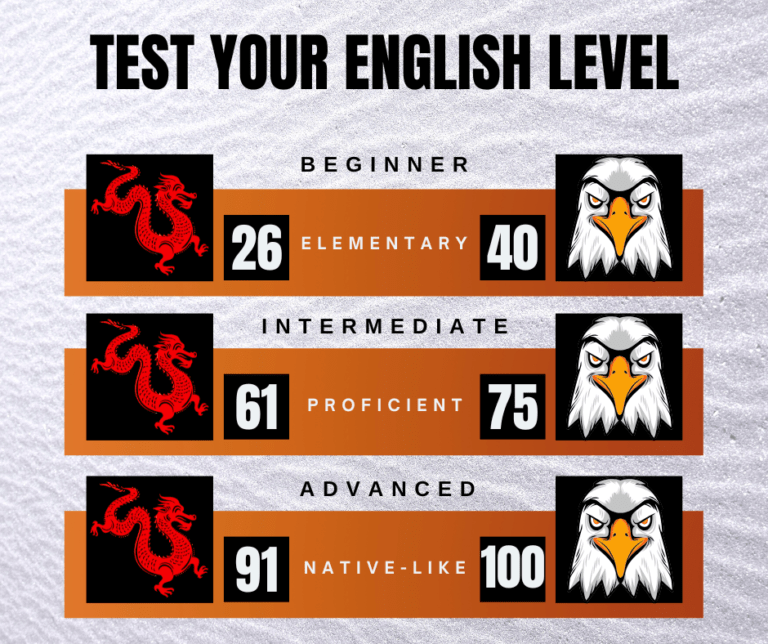
Present Indefinite Exercise 6 — Simple Present Tense Quiz with Useful Daily Vocabulary
Welcome to Present Indefinite — Exercise 6, part of our free English grammar quiz series.
In this set, you’ll practice the Simple Present tense while learning useful daily vocabularies—the kind you actually use when you manage work, decide things, arrange plans, fix problems, and improve skills.
Each question includes four choices, the correct answer, and a short explanation with a definition of the verb so you grow your vocabulary while mastering grammar.
Definition: Present Indefinite (Simple Present)
The Present Indefinite (Simple Present) describes habits, general truths, repeated actions, scheduled events, and states.
- Formation: base verb, verb 1st form, for I/you/we/they (e.g., I walk, they eat).
- Third person singular (he/she/it): add -s or -es on base verb (e.g., he walks, she goes).
- Negatives & questions: use do/does + base verb (e.g., Do they plan? / Does he plan? / He does not (doesn’t) plan.).
- Use with adverbs of frequency: always, usually, often, sometimes, never.
- To learn more about Present Indefinite Tense – Visit Here
Quiz Instructions
- Read each question and choose the best answer out of four given options.
- On top, header section of the quiz, you will see the “title of the quiz,’ ‘spending-time,’ ‘value of question in points,’ and ‘number of questions.”
- Below on footer, you will see Full Screen mode. As the name suggests, it covers the whole screen. It will save a lot of your time attempting the quiz.
- You can zoom the images given in the questions.
- After submitting the quiz, you can see your score and compare with other users.
- The Full Leaderboard link will take you to a page, where you can see all users attempts.
- Below the quiz box, there are explanation of each options. You can study and try again.
- Best of Luck!
Quiz Question, Answer and Explanation
Note: Do remember in the quiz box above, the questions and options will shuffle, so they won’t have the same sequence like 1, 2, 3, or A, B, C as below.
1. He ______ new employees every month.
A) hire B) hires C) hired D) hiring
Verb definition: hire = to employ someone.
Correct: B) hires
Why correct: He → hires (3rd singular).
Why others are wrong:
A) hire — base form; wrong for he.
C) hired — past.
D) hiring — -ing.
2. They ______ their clients politely.
A) greet B) greets C) greeted D) greeting
Verb definition: greet = to welcome or say hello.
Correct: A) greet
Why correct: They + base greet (habit).
Why others are wrong:
B) greets — 3rd singular; wrong for they.
C) greeted — past.
D) greeting — -ing.
3. She ______ her tasks efficiently.
A) handle B) handles C) handled D) handling
Verb definition: handle = to manage or deal with.
Correct: B) handles
Why correct: She → 3rd singular → handles.
Why others are wrong:
A) handle — base form; wrong with she.
C) handled — past.
D) handling — -ing.
4. We ______ the results every Friday.
A) review B) reviews C) reviewed D) reviewing
Verb definition: review = to examine or check carefully.
Correct: A) review
Why correct: We + base review (habit).
Why others are wrong:
B) reviews — 3rd singular; wrong for we.
C) reviewed — past.
D) reviewing — -ing.
5. He ______ a lot before making decisions.
A) think B) thinks C) thinking D) thought
Verb definition: think = to use the mind to form ideas or judgments.
Correct: B) thinks
Why correct: He → thinks (3rd singular).
Why others are wrong:
A) think — base form; wrong with he.
C) thinking — -ing form.
D) thought — past.
6. I ______ to improve my English daily.
A) aim B) aims C) aimed D) aiming
Verb definition: aim = to have a goal or purpose.
Correct: A) aim
Why correct: I uses base aim.
Why others are wrong:
B) aims — 3rd singular; wrong for I.
C) aimed — past.
D) aiming — -ing.
7. She ______ her colleagues with respect.
A) treat B) treats C) treated D) treating
Verb definition: treat = to behave toward someone in a certain way.
Correct: B) treats
Why correct: She → treats (3rd singular).
Why others are wrong:
A) treat — base form; wrong for she.
C) treated — past.
D) treating — -ing.
8. They ______ the documents carefully before signing.
A) check B) checks C) checked D) checking
Verb definition: check = to examine to ensure correctness.
Correct: A) check
Why correct: They + base check (habit).
Why others are wrong:
B) checks — 3rd singular form.
C) checked — past.
D) checking — -ing.
9. He ______ his car every Sunday.
A) wash B) washes C) washed D) washing
Verb definition: wash = to clean with water and soap.
Correct: B) washes
Why correct: He → washes; verbs ending -sh take -es.
Why others are wrong:
A) wash — base form; wrong for he.
C) washed — past.
D) washing — -ing.
10. We ______ our progress at the end of each week.
A) measure B) measures C) measuring D) measured
Verb definition: measure = to determine the amount, size, or degree of something.
Correct: A) measure
Why correct: We + base measure for habitual check.
Why others are wrong:
B) measures — 3rd singular; wrong for we.
C) measuring — -ing.
D) measured — past.


